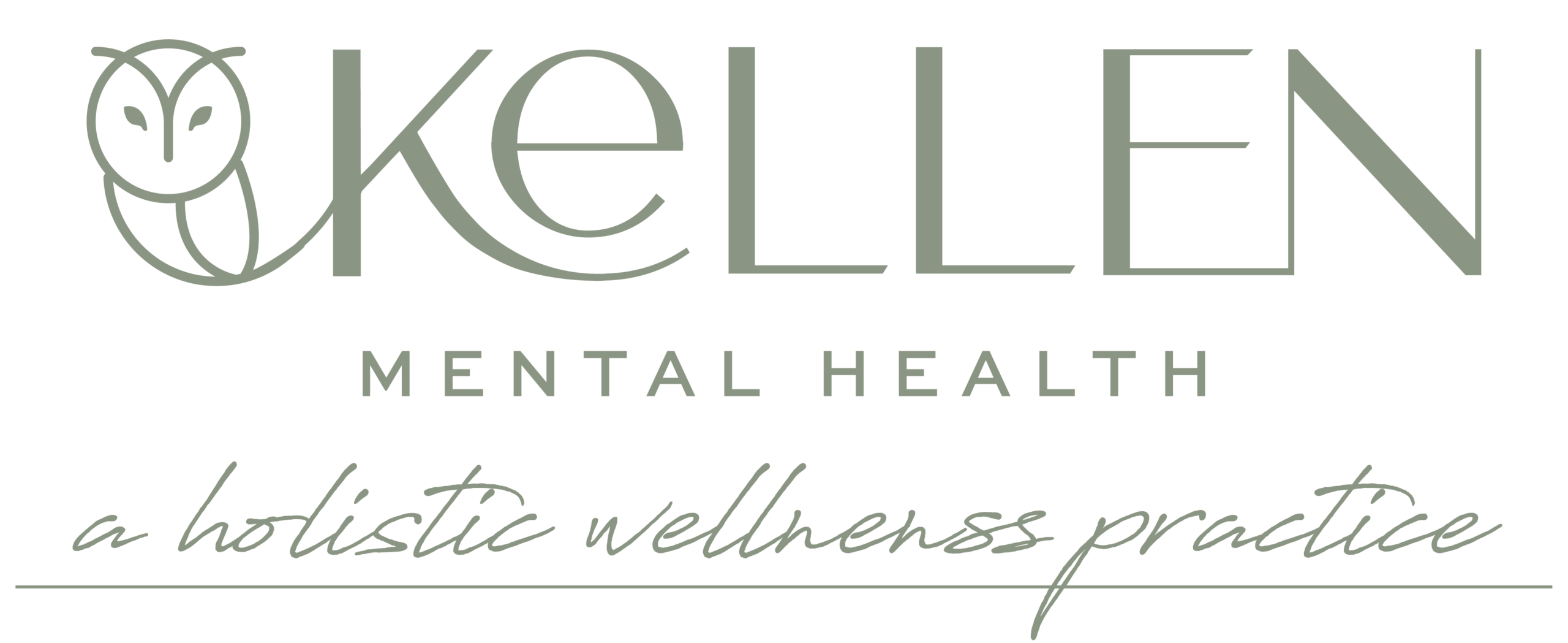As the new year begins, conversations often revolve around setting and sticking to New Year’s resolutions. While some people find these resolutions motivating and helpful for achieving their goals, they can also create unnecessary pressure and lead to disappointment if things don’t go as planned.
Rather than focusing on what you “should” do in the coming year — for example, “I should start exercising more” or “I should be more productive” — consider focusing your energy on the present moment.
This gentle shift is at the heart of mindfulness. Mindfulness invites us to engage with the present moment with curiosity, acceptance, and without judgment. It’s not about fixing anything or striving to be “better,” but about learning to connect with ourselves, our emotions, and others in a compassionate way.
By practicing mindfulness, we give ourselves permission to slow down, breathe, and simply be present.
Benefits of Practicing Mindfulness
- It shifts the focus from outcomes to experiences.
Mindfulness emphasizes the value of being present in the journey itself, rather than focusing solely on the outcome. - It reduces pressure and judgment.
Mindfulness teaches us to approach ourselves with gentleness. When things don’t go as planned, we can observe the situation with kindness and curiosity, asking, “What can I learn from this?” - It fosters self-awareness and connection.
By tuning into the present, mindfulness helps strengthen your connection to your emotions, your body, and the people around you.
Incorporating Mindfulness Into Your Daily Routine
Start small by choosing one or two mindful practices to weave into your daily routine. Pick activities you already do and set the intention to be present during those moments. For example:
- Focus on the sounds, smell, and warmth of your coffee as you brew it.
- Use your daily commute as an opportunity to notice your surroundings or check in with yourself before starting your day.
Here’s to a mindful and meaningful new year!


